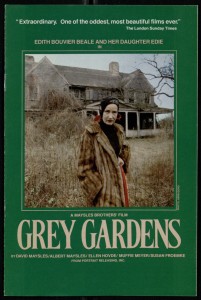
Nearly 40 years on, Albert and David Maysles’ Grey Gardens remains a stunning achievement. After a decade of successes, including Salesman (1968) and Gimme Shelter (1970), the Maysles turned their camera toward another fascinating subject. The film chronicles the lives of Edith and Little Edie Beale in their crumbling Gold Coast mansion, while they sing and dance about the years gone by and their status as outsiders from a once wonderful socialite existence.
The film still raises the same questions about the methods of documentary filmmaking and the possibility of exploitation, which is a good thing. Certain documentaries should make us aware not only of the subject, but of the filmmakers as well. We should question the motives of the men and women holding the cameras, and a good documentary should start a conversation rather than finish it. Both David and Albert always contended that their film was a truthful portrait of the women. Although the Beale’s behavior is troubling at times, it is also exuberant and powerful. That they were relatives of Jacqueline Kennedy Onassis gave the story some initial tabloid appeal, but when you strip away this back-story to focus solely on the women, we instead see them as fascinating subjects, and human beings, not just tabloid fodder. That their personalities are a little eccentric is certain, that the Maysles took advantage is less so. One object that is not in the gallery below is a letter of condolence from Little Edie to Judith Maysles after David’s untimely death. Years later, she still remembered him as a kind man, and if you listen closely to their interactions throughout the film, you can see that this was a loving portrait of two beautiful, if odd, women.
The Criterion Collection recently rereleased Grey Gardens, newly re-mastered for Bluray. Included with the film are essays, interviews, and a commentary track with the filmmakers Albert Maysles, Ellen Hovde, Muffie Meyer, and Susan Froemke. There is also the 2006 film The Beale’s of Grey Gardens, which constructs an entirely new film out of the remaining footage. It remains a fascinating document and a wonderful film by two masters of Cinéma vérité, or what the Maysles preferred to call Direct Cinema.
On the occasion of this new release, I visited the Howard Gotlieb Archival Research Center at Boston University, which houses the David Maysles collection. It is an invaluable resource for anyone studying the rise of documentary cinema of the 1960s and beyond. David Maysles left behind transcripts and publicity materials, interviews, photos, letters, and a plethora of other material from the films he made with his brother, Albert. Particularly fascinating were his tiny Hermes notebooks, which he kept throughout his life, along with the original transcripts from the films, early newspaper clippings about the Beales, and reams of other related material. This gallery highlights some of the great material held at the archive, and is only a glimpse at their immense holdings. I hope you enjoy this look into the work of David Maysles.
-Rob Ribera
I would like to give special thanks to the staff of the Howard Gottlieb Archival Center, especially J.C. Johnson and Sean Noel for their help with accessing the collection.
You can explore the archives holdings here.
This article would not be possible without the kind generosity of Celia Maysles.
All images from the David Maysles Collection, Howard Gotlieb Archival Research Center, Boston University
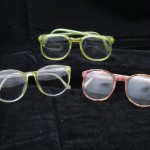
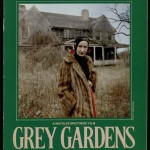
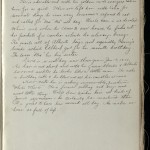
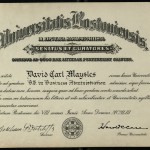
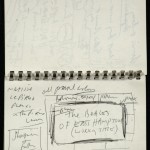
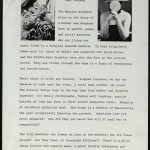
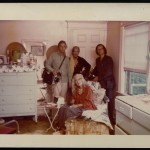
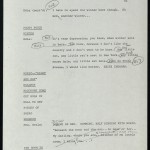
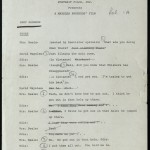
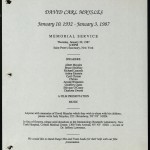
This post really resonated with me on a personal level. I appreciate you being so open and sharing your experiences.
This passage is a reflective and insightful exploration of Grey Gardens, the iconic 1975 documentary by David and Albert Maysles. It highlights the film’s complex legacy, particularly in how it navigates the fine line between documentary truth and potential exploitation. The piece thoughtfully underscores how Grey Gardens—despite its subjects’ eccentricities and the sensational appeal of their Kennedy connection—ultimately presents a humane, compelling portrait of Edith and “Little Edie” Beale. Human to Cat Translator App